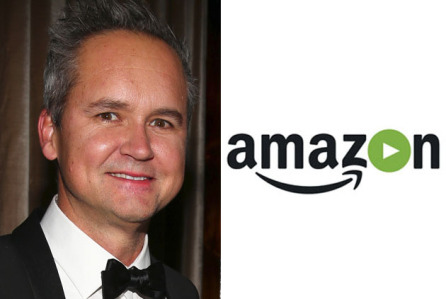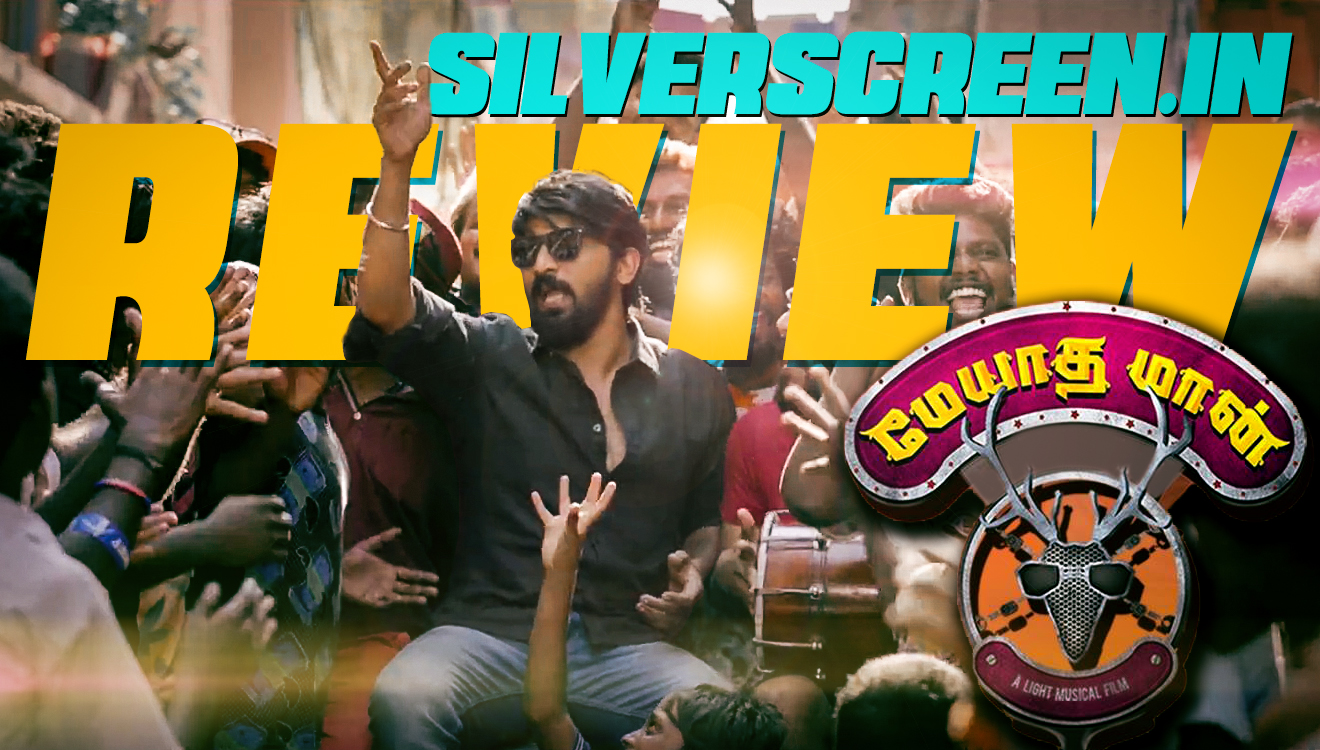‘Women, Cinema & Sexism’ features stories of women who work in the film industry and documents their experiences on sets – the good, the bad and the ugly
In the feel-good Secret Superstar, during the recording of Insia’s first song for Shakti Kumar, an ‘interesting’ scene plays on in the background. Interesting, because, we live in the times of Harvey Weinstein. An overweight producer and his young, stylish moll, possibly a starlet, cozy up and take selfies as Insia sings her heart out. No one in the room seems to mind what’s happening in the background.
Shakti Kumar, who initially comes across as obnoxious and feeling he owns the world, makes a clear difference between ‘babes’ and ‘beta’. He flirts with all he meets (but does mentor Insia). This “not minding” and “accepting as normal” such things is what has led to the film industry, across the world, finding itself getting mentioned in not-so-honorable terms.
Former CBFC chief Pahlaj Nihalani has been quoted as saying, “There are Harvey Weinsteins in Bollywood too. They continue to exploit hapless strugglers because they are not held liable for their dirty deeds. This is the time to expose them.” The scene has been/continues to be no different in Tamil, says a veteran manager of the stars. “I’ve been in the industry for 30-odd years, and I’ve seen too much. Even if I scratch the surface of the scandals, you will cringe,” he says in a phone interview on condition of anonymity.
He speaks of directors and producers insisting that heroines visit them in hotel rooms for story discussions, of businessmen who invite actresses for store inaugurations presuming they ‘own’ the artiste because money has been paid, of actors who abuse younger co-stars on sets, and, finally, of family that derides them for being part of an ‘unholy’ industry but still lays claim to fame and fortune.
“This is why I insist that all dealings are routed through me. I need to know exactly where the artiste I am representing is during work, and who is around her. While some might think this is a stifling environment, it is the safest way,” he says. The manager says he knows what he’s speaking about, even if it might seem as too extreme a view. “I’ve seen girls suffer. I’ve seen some driven to the edge. Some even die. This industry is great for those with a support system. It works well for those who choose to bend to ‘demands’; it can be cruel to those who are all alone but who seek to make their space while holding on to their principles.”
It was difficult to get actors and actresses to lend their name to this story; but they were more than willing to speak off the record. An actor known for his sensitive portrayals on-screen admits such things happen, but, more often than not, none of it happens openly. “Also, in case I witness something like this on the sets, and notice that the actress in question is uncomfortable with the attention or with the physical proximity forced on her, I might speak up. I don’t know how many might, because you’re going to antagonise someone with your action. It could mean your ouster from projects, or even being black-listed. For those who know only films and have little else to fall back on, that’s a scary proposition. And so, turning your face the other way around is an easier, ‘practical’ option.”
Recently, actress Sai Dhansika was driven to tears on stage when actor-director T. Rajendhar derided her because he felt slighted that she did not mention him in her speech, and said she lacked stage etiquette. This, even as he performed a spectacular monologue to show what little etiquette he possessed. The other actors on stage laughed at the actress’ plight; only to issue online apology notes following a severe social media backlash.
What Dhansika endured on stage is a small sample of how women are treated in the industry. Even someone as accomplished as Dhansika, who has a clutch of good performances behind her.
Actress Saranya Ponvannan, who entered the industry on a Deepavali day three decades ago, with Nayakan, says that she managed to steer clear of such people by being very choosy about whom she works with. “I always put in place some rules even as heroine. I would only meet people at home, in the comfort of my space. I would never agree to meet them outside or in hotels. I would never appear desperate to bag a role; that’s a dead giveaway, and will weaken your position in times of crisis. What has to come your way will, at some stage. If you enter the ‘survival of the fittest’ game, you’re doomed.”
Recommended
That’s something the manager of the stars agrees with. “You must never ever sound too anxious for anything. You must hold your ground; that way, they tend to respect you, and will approach you, instead of the other way around.”
The manager is convinced that if people start spilling the beans, a lot of issues will crop up. But, even then, there will no resolution in sight till people speak up.
Read Part 1: Harvey Weinstein Has Opened Pandora’s Box & We Need To Deal With It
Read Part 2: When Film Sets Are Designed For Men & Other Struggles As Reported By The Female Crew



